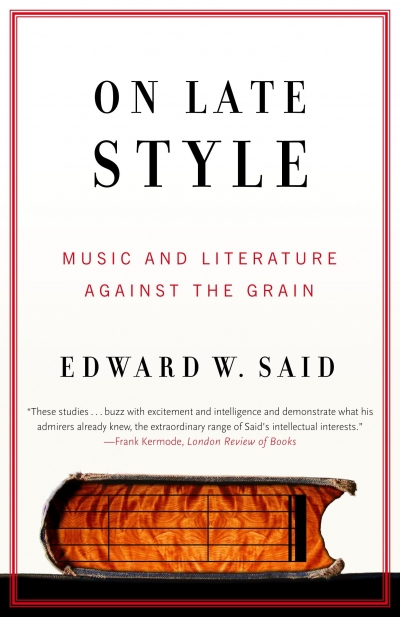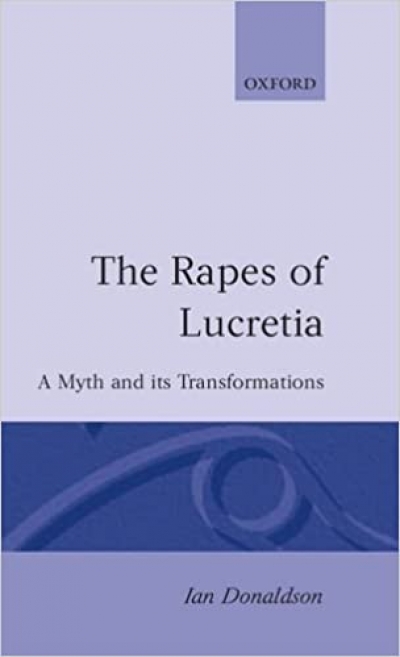Ian Donaldson
On Late Style: Music and literature against the grain by Edward W. Said
Dennis Altman
In any given year we will read but a tiny handful of potential ‘best books’, so this is no more than a personal selection. Here are two novels that stand out: Stephen Eldred-Grigg’s Shanghai Boy (Vintage) and Hari Kunzru’s Tranmission (Penguin). Both speak of the confusion of identity and emotions caused by rapid displacement across the world. The first is the account of a middle-aged New Zealand teacher who falls disastrously in love while teaching in Shanghai. Transmission takes a naïve young Indian computer programmer to the United States, with remarkable consequences. From a number of political books, let me select two, both from my own publisher, Scribe, which offers, I regret, no kickbacks. One is George Megalogenis’s The Longest Decade; the other, James Carroll’s House of War. Together they provide a depressing but challenging backdrop to understanding the current impasse of the Bush–Howard administrations in Iraq.
... (read more)We welcome entries in the third ABR Poetry Prize. In its short life, this competition has become one of the most prominent of its kind in the country. Poets have until December 15 to enter the prize, which is worth $2000. Up to six poems will be shortlisted in the March 2007 issue; the winner will be announced one month later. Full details appear on page 42. The entry form is also available on our website, or on request. The previous winners were Stephen Edgar and Judith Bishop. Advances was pleased to see that Judith Beveridge has included Edgar’s prize-winning poem ‘The Man on the Moon’ in The Best Australian Poetry 2006 (UQP) — one of eight poems in the anthology that were first published in ABR.
... (read more)

